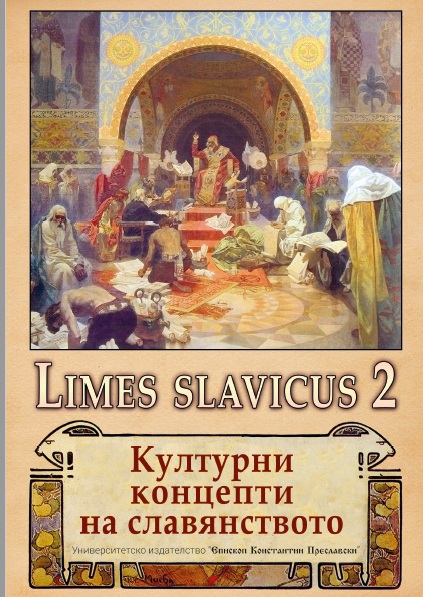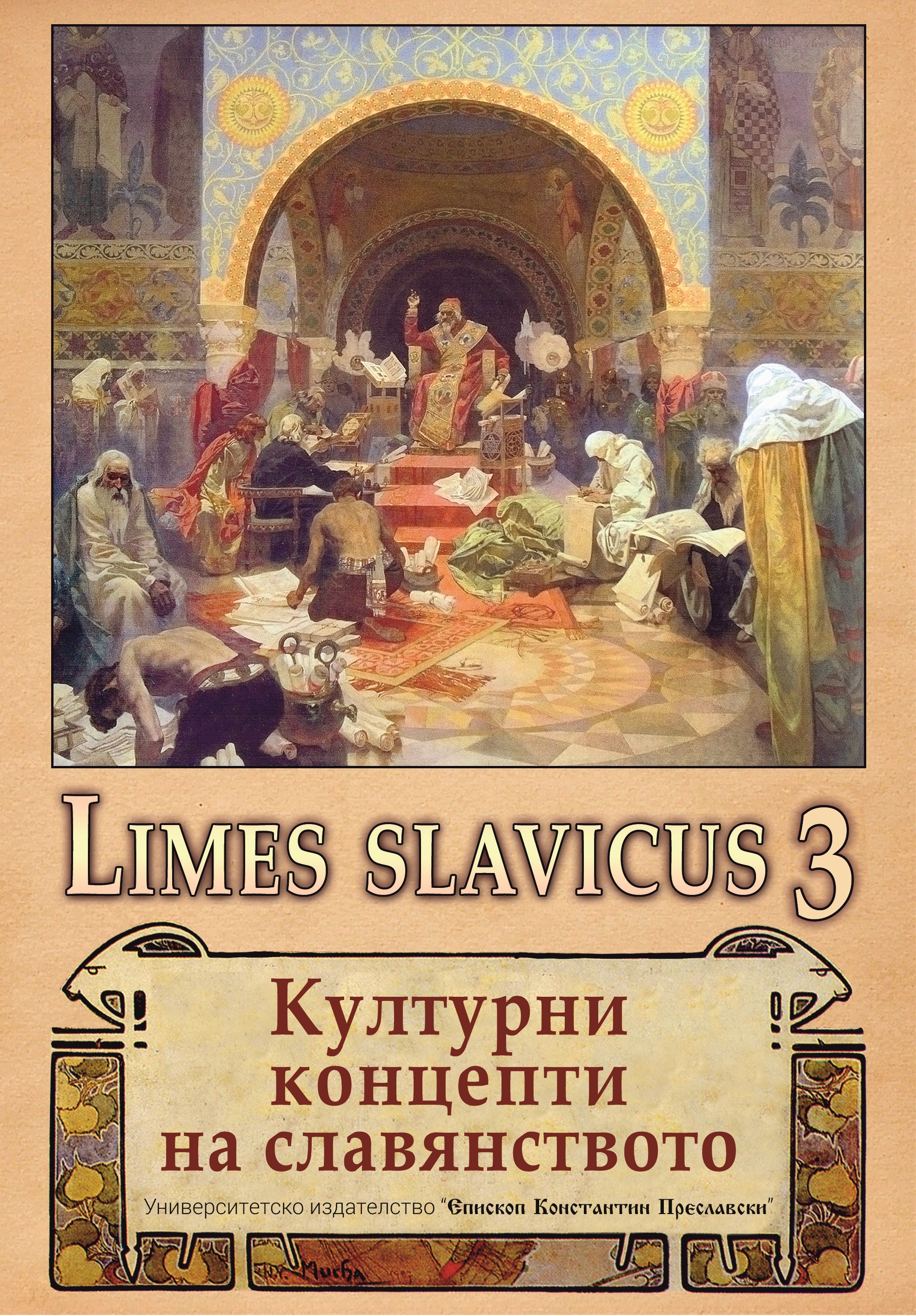
Концептуализацията на образите на Св. Св. Кирил и Методий в иконографския модел на зографа Никола Василев от Шумен
This research aims to identify the unique model of representation of St. St. Cyril and Methodius Equal to the Apostles in the artistic work of Nikola Vasilev - the most famous iconographer from Shumen during the Bulgarian National Revival Period. The chronological evolution of his interpretation of the subject is revealed trough a comparative study of twelve icons made between 1869 and 1896 AD. Special attention is paid to the setting of the scene with Baptism of the Bulgarian Tsar by St. Methodius in the midst of the composition as a means of emphasizing the personal relationship between the Bulgarian royal court and the Holy Brothers’ deeds. It is also noted that Nikola Vasilev preferred to name the two saints “Bulgarian Enlighteners” instead of “Slavic Enlighteners”, and had never stopped adding more and more typical Bulgarian elements into the icons’ iconographic scheme. The text examines the probable connection between some historical events and social conditions in Bulgaria, and the gradual evolution of the Nikola Vasilev’s model. Altogether, these features demonstrate the artistic value of the work of the zographer from Shumen, his extremely high national and local patriotism, and his public commitment and sensitivity to one of the most important cultural concepts for the Bulgarian national self-consciousness at that time - the Bulgarian roots of the Christianization and Enlightenment of the whole Slavic world.
More...
